India-US innovation partnership: A collaborative blueprint for the future
India now leads a new era of brain circulation, where Indian-origin entrepreneurs abroad, especially in the U.S., are reshaping global tech landscapes.
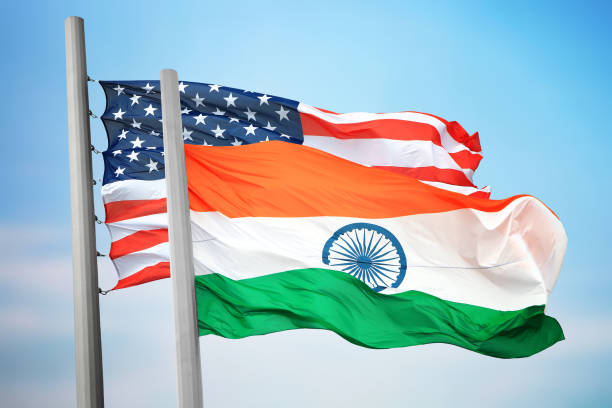 Representative Image / istock
Representative Image / istock
India and the United States, two vibrant innovation-led economies and democracies, share a strategic relationship that goes beyond diplomacy. This Independence Day, India stands at a crossroads where its freedom narrative intertwines with global innovation. No longer defined by brain drain, India now leads a new era of brain circulation, where Indian-origin entrepreneurs abroad, especially in the U.S., are reshaping global tech landscapes. As India celebrates its 78th year of independence, it also celebrates its growing ability to influence the world not by imitation, but by leading in education, enterprise, and innovation, reflecting India's rise as a global soft power through ideas, talent, and technology.
Knowledge and Innovation
The U.S. remains the top destination for Indian students, with over 268,000 enrolled in 2023, mostly in STEM fields, boosting the U.S. economy and its R&D landscape. Now, leading American universities are setting up campuses in India, reflecting deeper educational ties. India is expanding global education infrastructure under the Foreign Universities Bill, with GIFT City and SEZs as pilot zones to attract top institutions and foster joint research. India filed over 80,000 patent applications in FY 2023, a six-fold jump in a decade, signaling rising innovation. The U.S. has collaborated with Indian firms and academia on thousands of joint patents, especially in AI, green tech, and biotech. Indians account for over 8% of patents filed annually in the U.S., underscoring their growing global footprint. India, long a services powerhouse, is now evolving into a "product nation," backed by higher R&D, prototyping, and Production Linked Incentive (PLI) schemes. Joint IP centres and innovation zones can further accelerate tech transfer and product commercialization between the two countries.
Startup Nations
India is 3rd largest startup ecosystem globally, with over 175,000+ DPIIT-registered startups and 110+ unicorns, of which 25 have been added in the past two years. Notably, more than 40% of FDI into Indian startups comes from U.S.-based venture funds such as Sequoia, Accel, and Tiger Global. Meanwhile, Indian-origin founders have played a pivotal role in the U.S. innovation engine. According to a report, over 33% of U.S. unicorns were founded or co-founded by immigrants of Indian origin, including names like Instacart, Databricks, and Rubrik. They lead over 8% of U.S. tech startups, and increasingly anchor cross-border startup accelerators and VC networks. To bridge startup ecosystems, both countries can facilitate transnational corridors and co-funding platforms that de-risk early-stage innovation, especially in emerging areas like semiconductors, defence tech, quantum computing, and space technology. India's Apple iPhone manufacturing in Tamil Nadu and Karnataka under the Make in India initiative, with Indian partners like Foxconn and Tata Electronics, shows how global product innovation and manufacturing can align.
Services to Products Economy
India's $250 billion IT services industry, led by Infosys, TCS, and Wipro, once defined its global brand. But the narrative is shifting—product-first companies, IP-driven tech for the world. India's SaaS sector alone is projected to reach $50 billion by 2030, largely driven by U.S. investment and clients. The U.S., with $330 billion in VC funding in 2022 versus India's $25 billion, still leads in product innovation. Yet, India's cost-efficient R&D and massive testbed advantage make it a strategic partner in building globally affordable solutions.
Role of Diaspora
With over 4.8 million Indian-Americans, the diaspora plays a transformative role in connecting both nations. Leaders like Sundar Pichai (Google), Satya Nadella (Microsoft), and Arvind Krishna (IBM) are deep-rooted Indian contributions to American tech. Diaspora-led initiatives such as TiE Silicon Valley, Indiaspora, and Indo-US Science & Technology Forum (IUSSTF) provide vital funding, mentorship, and market access to startups in both countries. Expanding diaspora-led research funds, accelerators, and innovation exchanges will further democratize opportunities for young innovators.
Both nations must improve regulatory clarity, ease capital access, and reduce legacy bottlenecks. India has risen over 75 spots in the World Bank's Ease of Doing Business rankings and decriminalized over 1,500 corporate laws, improving transparency. Digital reforms like UPI, GST, and single-window clearances are easing compliance for startups. However, issues like contract enforcement, taxation complexity, and interstate policy friction remain. On the U.S. side, streamlining startup visa pathways would help cross-border entrepreneurs operate more freely. A joint innovation task force and co-funded R&D grants can fast-track collaboration in priority sectors.
In an era defined by climate change, digital transformation, and shifting geopolitics, India and the U.S. must lead together. With shared democratic values and complementary strengths, India's scale and frugality, America's capital and ecosystems, the two nations are well-positioned to build a resilient, inclusive, and product-led global economy.
Rajesh Mehta is a leading US India expert and columnist.
Umesh Rathod is a policy mentor and author.
(The views and opinions expressed in this article are those of the author and do not necessarily reflect the official policy or position of New India Abroad)
ADVERTISEMENT
ADVERTISEMENT
E Paper
Video




 Rajesh Mehta
Rajesh Mehta Umesh Rathod
Umesh Rathod

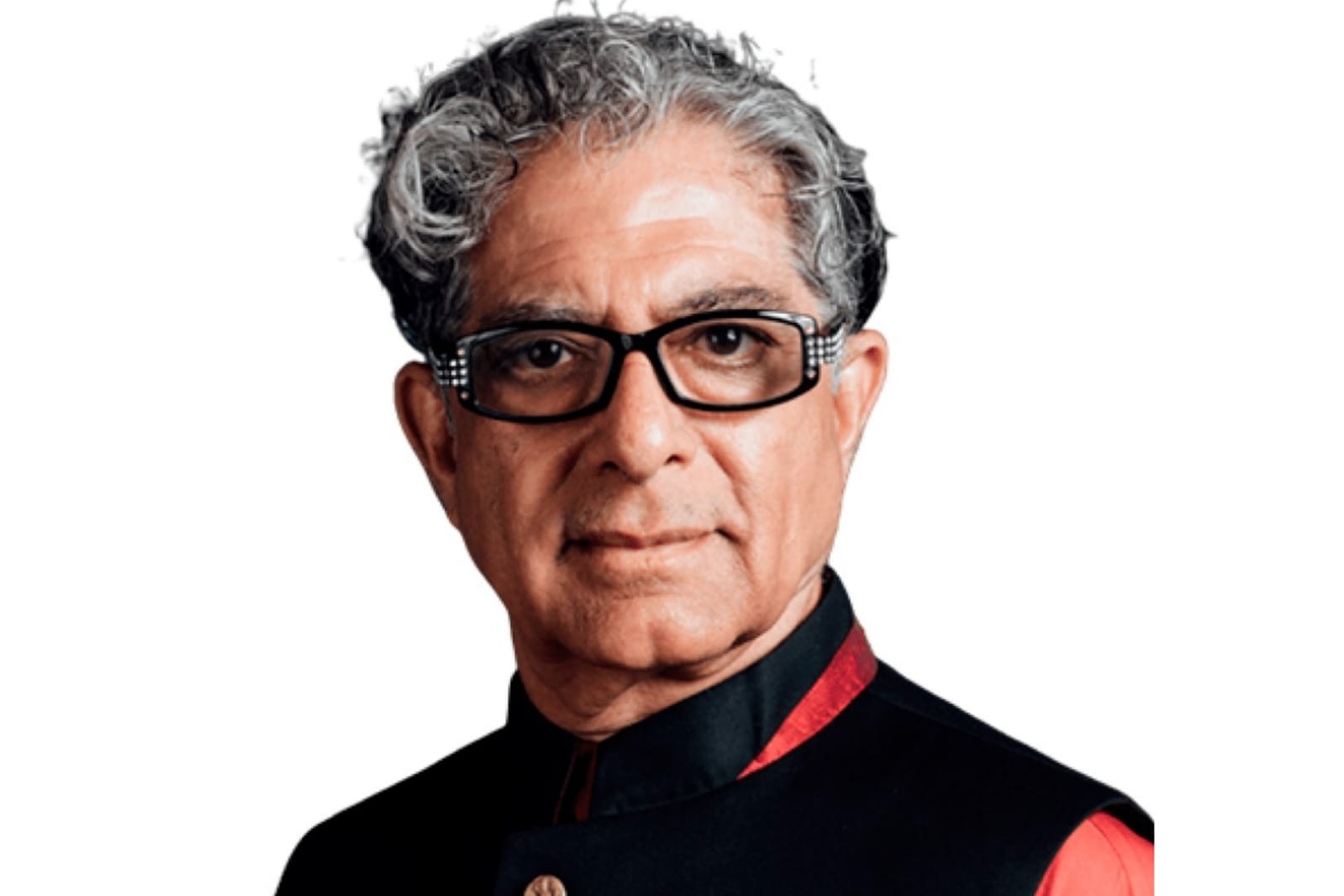
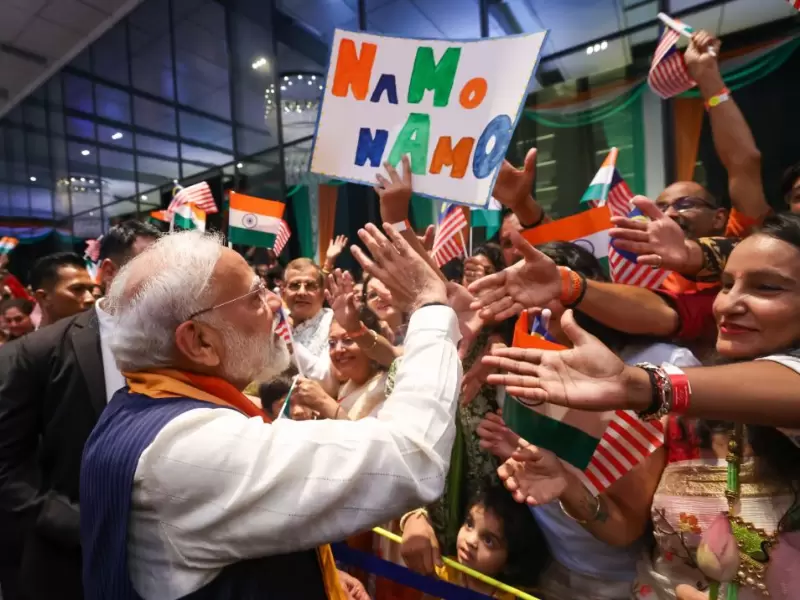

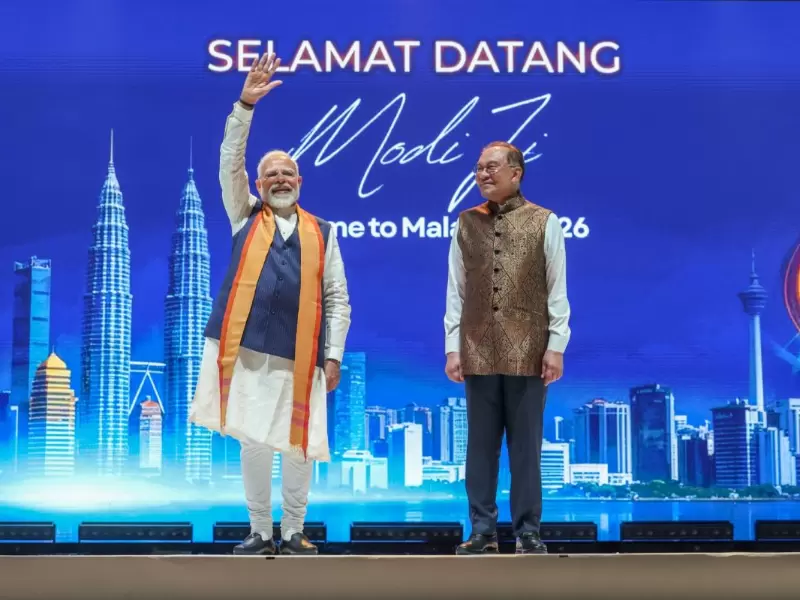
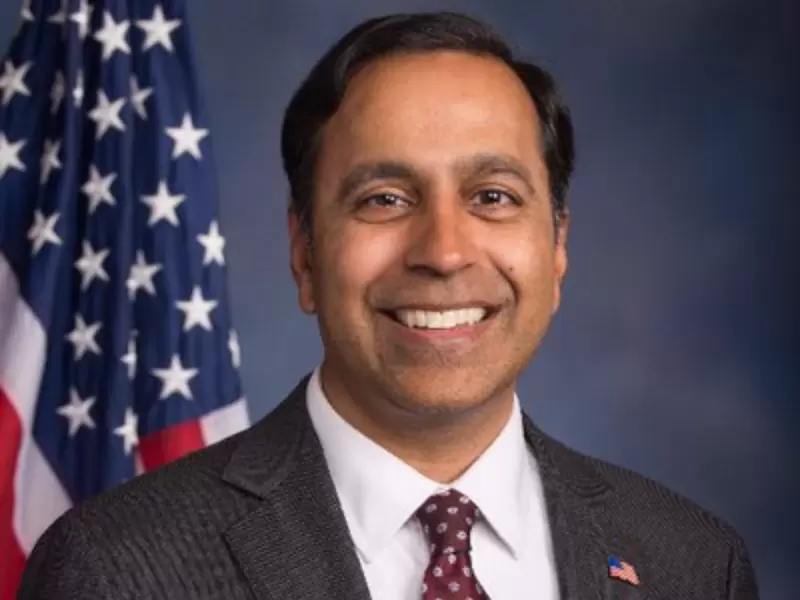
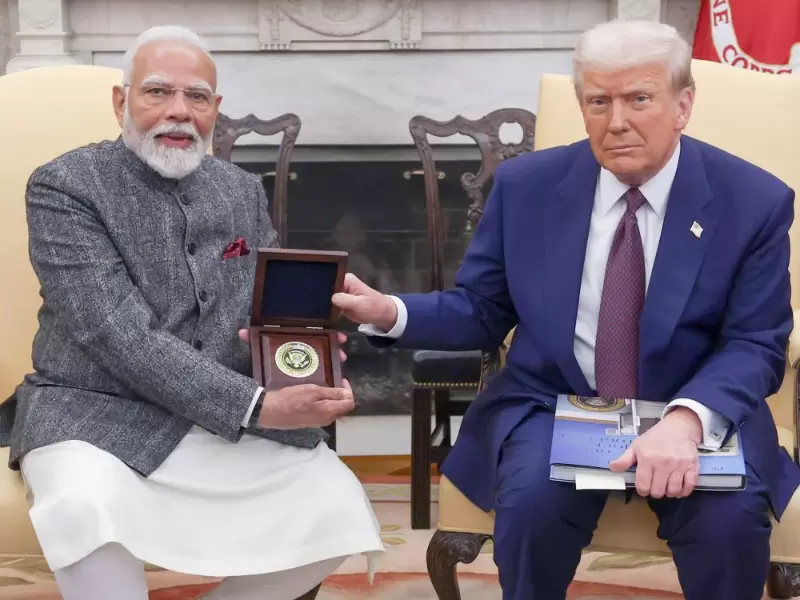
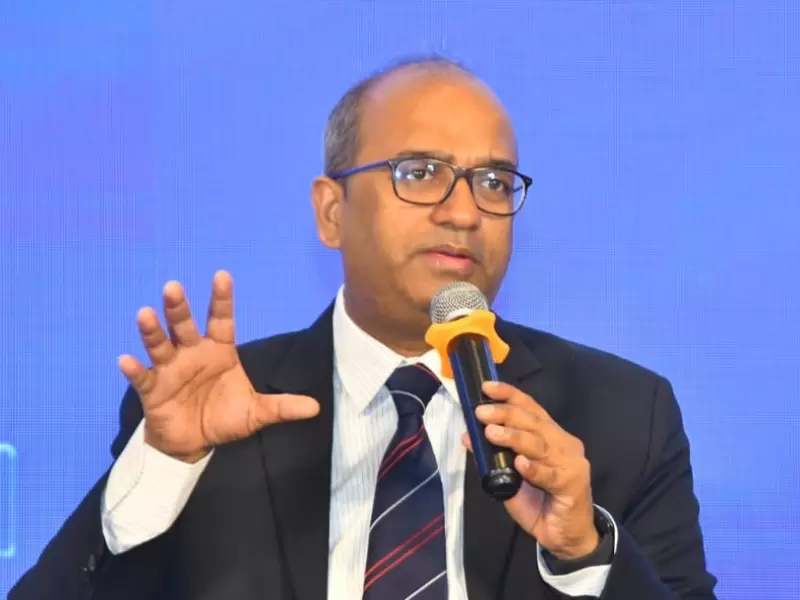
.jpg)




Comments
Start the conversation
Become a member of New India Abroad to start commenting.
Sign Up Now
Already have an account? Login